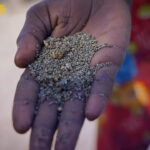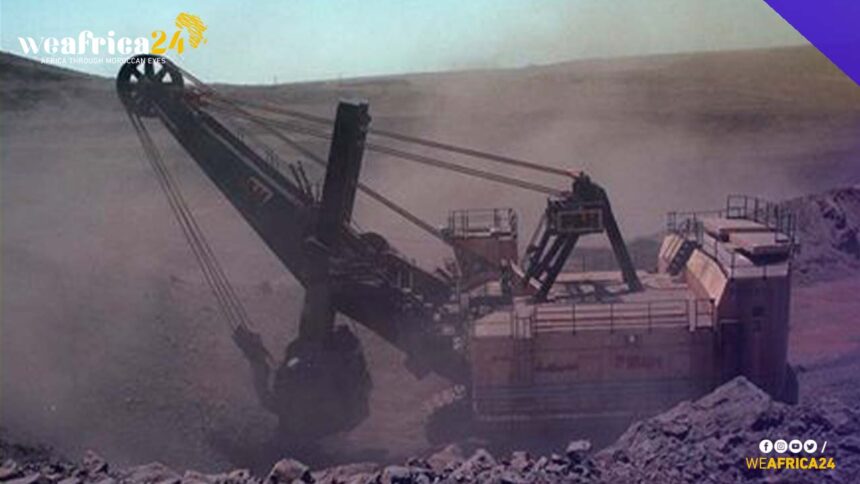Mauritania, a resource-rich country located in Northwest Africa, has long been recognized for its significant iron ore deposits. With vast reserves and favorable geological conditions, the iron industry in Mauritania has emerged as a key pillar of the nation’s economy.
Abundant Iron Ore Reserves
Mauritania boasts extensive iron ore reserves, estimated at around 20 billion metric tons. The rich deposits are primarily located in the Zouerate-Tazadit region, with major mining operations carried out by Mauritania’s state-owned company, Société Nationale Industrielle et Minière (SNIM), and international mining companies.
Economic Growth and Foreign Investment
The iron industry plays a vital role in Mauritania’s economic growth, contributing significantly to the country’s gross domestic product (GDP) and export earnings. Iron ore exports, predominantly destined for Asia and Europe, generate substantial revenue, thereby driving economic development and funding infrastructure projects.
Moreover, the iron industry has attracted foreign investment, fostering partnerships between international mining companies and the Mauritanian government. These collaborations have facilitated technology transfer, job creation, and the development of local communities, promoting socioeconomic progress in the country.
Job Creation and Skills Development
The iron industry has been instrumental in generating employment opportunities for the Mauritanian population. Mining operations require a skilled workforce, leading to the creation of jobs in various fields, including engineering, geology, logistics, and administration. This employment boost has had a positive impact on poverty reduction and improved livelihoods for many Mauritians.
Additionally, the presence of multinational mining companies has provided opportunities for local workers to acquire valuable technical expertise and transferable skills. Through training programs and knowledge exchange, the iron industry has contributed to human capital development, enhancing the country’s workforce capacity.
Sustainable Development and Environmental Concerns
While the iron industry has undoubtedly brought economic benefits to Mauritania, it also faces environmental challenges. Mining activities have the potential to impact local ecosystems, including deforestation, soil erosion, and water pollution. To address these concerns, the Mauritanian government and mining companies have been increasingly emphasizing sustainable practices, responsible resource management, and environmental protection measures.
Diversification and Future Prospects
Recognizing the need to diversify its economy, Mauritania has been exploring opportunities to expand its industrial base beyond iron ore extraction. Efforts are underway to encourage downstream industries, such as steel production and manufacturing, which would add value to the extracted ore and create additional employment opportunities.
Furthermore, the government has been focusing on infrastructure development, including railway networks and ports, to facilitate efficient transportation of iron ore and attract further investments. These initiatives aim to enhance the competitiveness and sustainability of the iron industry, while promoting economic diversification and long-term growth prospects.
The iron industry in Mauritania has been a catalyst for economic growth, job creation, and foreign investment. Leveraging its abundant iron ore reserves, the country has been able to tap into global markets, generate revenue, and drive development. While challenges related to environmental impact persist, efforts to adopt sustainable practices and diversify the economy bode well for Mauritania’s long-term prospects. As the iron industry continues to evolve, it remains a crucial sector that contributes to the socioeconomic advancement of this resource-rich nation.







